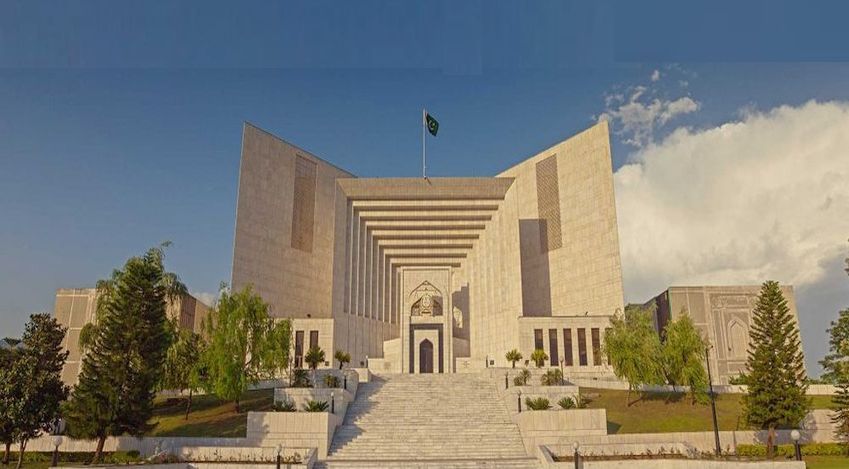Corroborative Evidence is only valid when the Primary Evidence is Credible: Supreme Court of Pakistan
Islamabad 11-07-2024: In a landmark ruling, the Supreme Court of Pakistan has acquitted petitioner, a key figure in a high-profile kidnapping for ransom case, overturning the earlier death sentence imposed by the Anti-Terrorism Court and modified to life imprisonment by the Lahore High Court. The judgment, delivered by a bench comprising Mr. Justice Jamal Khan Mandokhail, Mr. Justice Syed Hasan Azhar Rizvi, and Ms. Justice Musarrat Hilali, has significant implications for the criminal justice system's handling of evidence and procedural integrity.
The case originated from an incident on 01-11-2010, where petitioner along with co-accused, was charged under sections 365-A/149 of the Pakistan Penal Code (P.P.C.) and section 7(e) of the Anti-Terrorism Act (ATA), 1997, for kidnapping two individuals for ransom. The Anti-Terrorism Court convicted the accused, imposing death sentences and ordering compensation under section 544-A of the Code of Criminal Procedure (Cr.P.C.). The Lahore High Court later commuted these death sentences to life imprisonment but upheld the convictions.
The Supreme Court, after a detailed review, found several inconsistencies and procedural lapses in the prosecution's case. The judgment emphasized the importance of reliable and credible evidence, noting significant flaws in the investigation and the handling of evidence.
The Court reiterated the principle that the prosecution must prove guilt beyond a reasonable doubt, and any doubt should benefit the accused. This principle is rooted in several precedents, including Daniel Boyd vs. State and Gul Dast Khan vs. State. The Court found the prosecution's evidence unreliable, particularly criticizing the contradictory eyewitness testimonies and the mishandling of call data records (C.D.R.). The judgment stressed that corroborative evidence is only valid when the primary evidence is credible.
The investigation was found lacking in modern techniques and proper documentation. The failure to authenticate the C.D.R. and properly document the ransom money raised doubts about the evidence's integrity. The judgment highlighted the need for thorough investigations in serious crimes, employing modern techniques and adhering to legal standards to ensure justice.
The Court also addressed the issue of appeals in cases where the appellant has died, emphasizing that financial liabilities affecting the estate must be adjudicated on merits, as noted in Dr. Ghulam Hussain vs. State. The Supreme Court's decision to acquit petitioner, and to address the procedural lapses in the investigation, underscores the need for rigorous adherence to legal standards in criminal investigations. The judgment also partially allowed the appeal for co-accused, who died during the proceedings, by ordering the release of his confiscated properties to his legal heirs.
The ruling serves as a critical reminder of the justice system's foundational principles, emphasizing the necessity of credible evidence and fair procedures in securing convictions. The decision has sparked discussions on improving investigative processes and ensuring the protection of defendants' rights in Pakistan's legal framework.
Powered by Froala Editor








